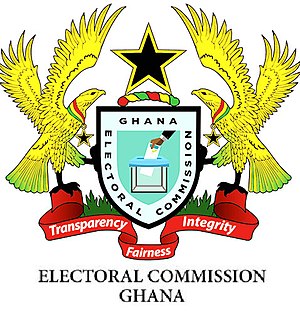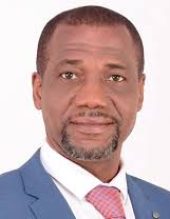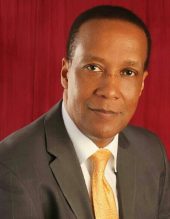Why small parties and independent candidates will not do well in Ghana
Writer: Ernest Asamoa- 12th August, 2024
Ghana’s political landscape has been dominated by two main political parties, the New Patriotic Party (NPP) and the National Democratic Congress (NDC). These parties under the 4th Republican constitution have alternated power since 1992 with the NDC currently serving a total of 4 terms and the NPP, a total of 4 terms as well. Despite the dominance of these two parties in the country’s electoral politics, there have been almost other parties and independent candidates who have competed in national elections, particularly presidential elections have not been successful in challenging the electoral fortunes of the two main political parties.

In some cases, those parties and candidates with their collective efforts have provided endorsement to one of the two main parties in run off elections. In parliamentary elections on the other hand, independent candidates and smaller parties have sometimes been able to win seats in Ghana’s parliament
It is worth to note that the current seat distribution in the country’s parliament comprise of only one independent candidate, who was an incumbent with the ruling government, but had fell out with the party going into the last election in December 2020. Some of these small parties such as the Convention People’s Party was the only party under the country’s first republic but has gradually lost its position as a major party to the NPP and NDC, despite its historical root. Many others have also been parties that split from the major political parties but sometimes find themselves back into the folds of these two strong parties, although others prefer to remain independent of them.
In the situation of independent candidates, these candidates do not have affiliation to the major political parties, at least as demonstrated in public records. However, the likes of Kwesi Amoafo-Yeboah (2008), Jacob Osei Yeboah (2012, 2016), Asiedu Walker, Marricke Kofi Gane, Kofi Koranteng, (2020) have not had significant impact in the election.
Except for 2000 and 2004 elections, where independent candidates did not run; the 2008 election was the first one under the 4th republic where an independent candidate run. Although that election went to a runoff, the independent candidate, Kwesi Amoafo-Yeboah, did not make an impact. It must be noted that the 2000 election went to a runoff, but independent candidates did not run in that election. Given this background it becomes paramount that an explanation is offered for the poor performance of both independent presidential candidates and “smaller parties” vis-à-vis the dominant performance of the NPP and NDC. To this end, I lean on the institutional argument offered by Maurice Duverger. According to Duverger:
“in a single-ballot, majority-plurality election system, a two-party system will emerge, and smaller parties will eventually disappear or become insignificant.”
This implies that in a system like Ghana where there is the first-past-the post system under which a candidate with the most votes win the election and also every voter has just one vote, only two parties will be dominant. This is justified by the mechanical and the psychological operation of the law.
Mechanically, the way that votes are translated into seats will favor bigger parties, entrenching the position of two parties. Thus, in a single ballot system, every candidate receives one vote and the candidate that ends up with the highest votes win. All other votes that go to candidates that do not win, do not have an impact.
Psychologically, voters and parties adjust their strategies because of the electoral system. Thus, under the first- past-the-post system (FPTP), voters who would not want to “waste” their votes on third parties or smaller parties and independent candidates who will likely not win the elections, end up voting for one of the major parties which in the long run make the major parties dominant. From the perspective of candidates, those that believe they do not have realistic chances of winning in an election under the FPTP system will likely drop out, leaving only candidates from the two major parties to contest.
Going into the next election in November 2024, there are going to be several parties apart from the NPP and NDC who are going to compete in addition to independent candidates. Key among these other parties is the New Force led by Nana Kwame Bediako Cheddar, a young businessman and entrepreneur whom from several speeches wants to invoke the ideas of Kwame Nkrumah, and Alan Kwadwo Keyerematen, a staunch NPP member who has fallen out with the party and has proceeded to establish the Movement for Change.
On account of the vision and desire of these new candidates, they want to topple the order of the two parties and usher in a fresh breath of leadership. However, based on the applications of Duverger’s law, their efforts unfortunately will be unsuccessful, they cannot win the election, neither will any of the parties that are not NPP and NDC. From the trend, their impacts will be insignificant.




